How I Planned My Safari with Zero Experience (and Didn’t Get Scammed)
By Maria — First-Time Safari Traveler
Let me start by saying this: I am not a travel agent. I am not a professional adventurer. Before last year, the most exotic trip I’d planned was a weekend getaway to a cabin two states over. The idea of taking on something as massive, as logistically complex, and frankly, as expensive as a Kenya safari planning was genuinely terrifying.
The very first step I took on this journey—typing “how to plan a safari” into a search bar—immediately overwhelmed me. The results were a dizzying mix of glossy, high-end travel agencies and murky, slightly suspicious-looking local tour operators. The sheer volume of information felt like a dense jungle itself.
If you are a beginner safari guide looking for the ultimate blueprint on how to book a safari from USA UK (or anywhere, for that matter), this is your guide. I’m going to share the exact, step-by-step process I used to book my dream trip to the Masai Mara, saving money, securing my safety, and ultimately, avoiding the very real threat of being scammed out of thousands of dollars.
My goal here is to give you honest, experience-based first time safari tips that go beyond the usual generic advice. This is the story of how an absolute novice went from nervous scrolling to watching a lion hunt in the Masai Mara safari planning phase and beyond.
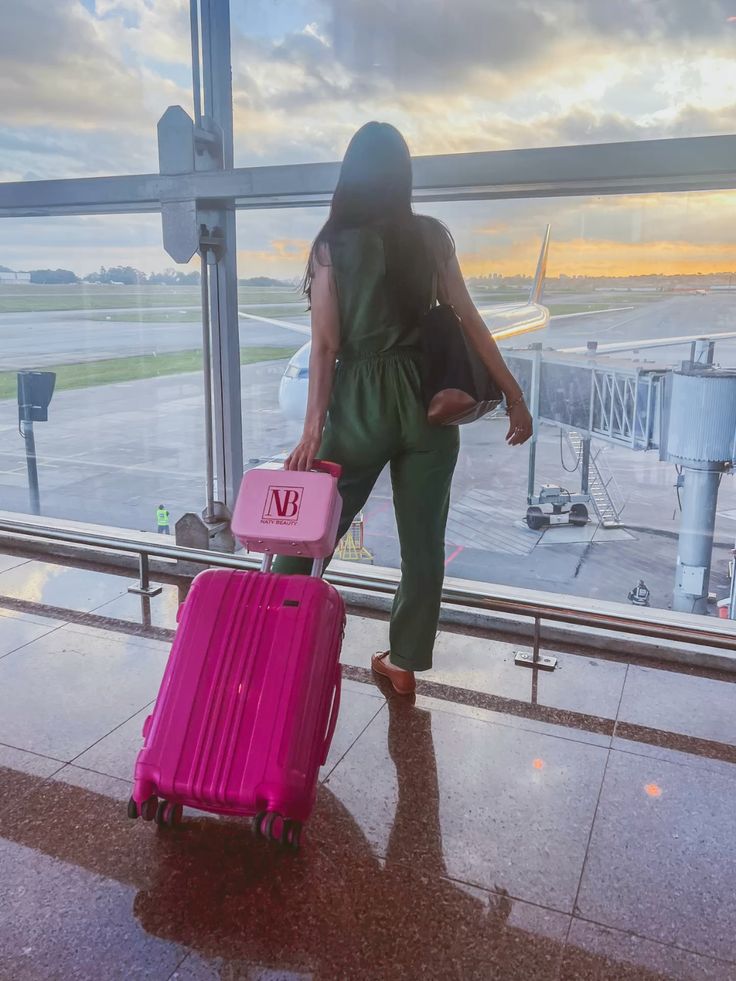
Why I Was Scared to Plan My First Safari
The internet told me two things about booking a safari: it was the trip of a lifetime, and it was a logistical nightmare filled with hidden costs and scammers. As I started my first time safari planning, the latter point loomed large in my mind.
I kept reading horror stories about safari mistakes beginners make, like showing up to find a campsite that didn’t exist or paying a deposit to an operator who vanished. My anxiety wasn’t about the lions; it was about the logistics.
“Is This Website Even Legit?” – My First Big Concern
Every time I landed on a local tour operator’s website, the same question popped into my head: Is this even legit? Unlike booking a familiar chain hotel or flight, there was no easily recognizable brand name providing a safety net. This is where I started to learn about the nature of safari scams Kenya Tanzania Uganda—they prey on the lack of familiarity and the excitement of the traveler.
Why Safaris Feel Risky When You’ve Never Traveled to Africa
For someone who’d never been to East Africa, the whole thing felt like a leap of faith. The money being exchanged was significant, and the entire experience hinged on the trustworthiness of one company, often based thousands of miles away. Is booking a safari online safe? The answer is yes, absolutely—if you know what you are doing. The key is in separating the genuinely passionate local expert from the professional trickster. This realization was the turning point in my how to avoid safari scams education.
🔎 Step 1 — How I Found a Trustworthy Safari Tour Operator
This was the single most important step in the entire process. My journey began with the realization that a good safari is not just about the parks; it’s about the guide and the company backing them.
The key to finding a great operator is simple: I wanted a small, local company that lived the safari life, not a massive global reseller. I needed to learn how to choose a safari operator.
My search started by ignoring the top 5 Google ads and diving deep into travel forums. I looked for operators specializing in the region I wanted: Kenya. I didn’t want the “best safari companies in the world”—I wanted the best safari companies Kenya Tanzania had to offer, as recommended by real travelers.
The 5 Red Flags I Learned to Avoid Immediately
After shortlisting about a dozen potential companies, I created a personal due diligence checklist. This is how I eliminated the dodgy ones and avoided major safari planning mistakes:
-
Too-Good Prices: If a price seemed significantly lower than the average of all other quotes, it was a major red flag. This usually meant critical inclusions (like park fees) were missing.
-
No Physical Address/Business Registration Info: Trustworthy companies proudly display their details. If I couldn’t find a registration number or a verifiable street address, I moved on.
-
Inconsistent/Non-Specific Reviews: I didn’t just look for stars; I read the text. Were the reviews generic (“Great trip!”) or detailed (“Our guide, Alex, spotted a leopard on the second day in Amboseli!”)? I heavily relied on safari reviews TripAdvisor and specialized safari forums.
-
No Direct Guide Contact: A good local operator is proud of its guides. If they were vague about who my guide would be, or if the communication was handled only by a sales team, it felt impersonal.
-
Pressure Sales Tactics: If the operator was rushing me or offering “today only” discounts, I instantly backed away. A quality company doesn’t need to pressure you.
The “Verification Trick” That Saved Me From a Scam
After settling on my final two operators, I used a trick that cemented my confidence and is the ultimate answer to “How do I avoid safari scams in Kenya?”
-
The WhatsApp Video Call: I requested a WhatsApp video call with the person I had been emailing. A scammer will almost always refuse or find an excuse. The operator I eventually chose immediately agreed, and I spoke directly to the owner, seeing their office and the genuine person behind the emails.
-
Business Registration Lookup: I asked for their local business registration number. Then, I used a quick Google search to verify their standing with the relevant Kenyan tourism boards and registries.
-
Google Business Profile (GBP) Check: I checked their Google Business Profile. Was it updated? Did it have recent, specific photos of their vehicles and camps? A polished GBP indicated a company that takes its professional image seriously.
This due diligence is paramount for choosing a safari company.
💰 Step 2 — I Compared Safari Prices (Here’s What I Learned)
The biggest shock in my Kenya safari planning journey was the cost. “How much should a safari cost?” I initially thought it would be similar to a regular beach holiday, but quickly learned the significant difference. My first round of quotes ranged wildly, from $1,500 to over $8,000 for a 5-day trip.
Why Prices Vary So Much Between Operators
I learned that safari price is not a single number; it’s a sum of several highly variable components. When you look at a safari cost Kenya breakdown, you need to account for:
-
Accommodation Level: Are you doing budget vs luxury safari price? Camping (tents) is cheapest, followed by mid-range permanent tents/lodges, and finally, 5-star luxury lodges.
-
Transport: Are you in a shared group van (cheapest) or a private 4×4 Land Cruiser (more expensive but superior)? The vehicle is the core of your experience.
-
Park Fees: This is the most non-negotiable part. National Park fees in Kenya (like Masai Mara Conservancy fees) are costly, often $70-$80 per person, per day.
-
Inclusions: Are all meals, water, and local flights (if any) included?
The Cost Trap Many First-Timers Fall Into
I call this the “It’s Too Cheap” trap. The hidden safari fees catch many beginners out. You see a low price, but you later find out it doesn’t include the park fees, which can add $400-$500 to a 5-day itinerary.
My key lesson: A quote that doesn’t clearly itemize park fees, driver/guide salary, and accommodation costs is suspicious. You need transparency to truly understand how much does a Kenya safari cost. I learned that I could save money by choosing a mid-range tented camp but that I should never compromise on the quality of the guide and the vehicle.
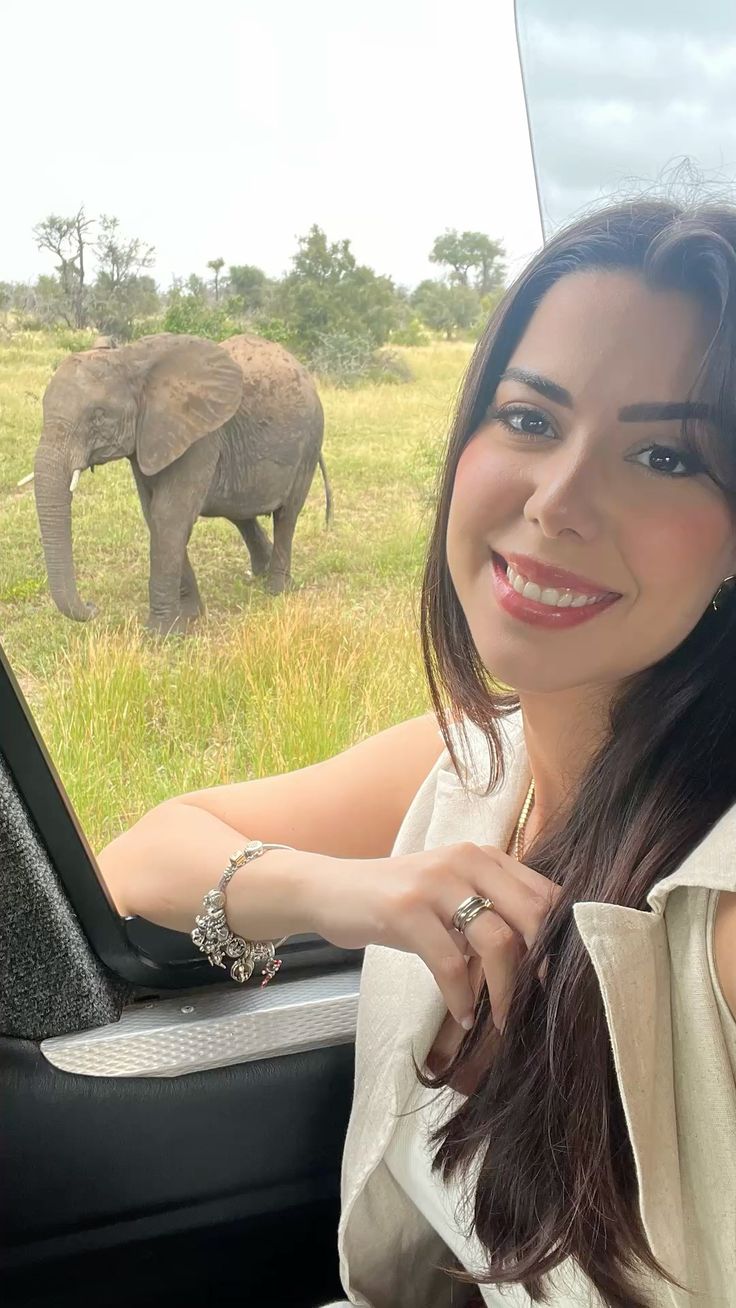
🌍 Step 3 — I Chose My Parks: What I Picked & Why
After securing a trustworthy operator and getting a handle on the true safari cost Kenya, it was time for the fun part: deciding where to go. I had a week, so I knew I couldn’t see everything, leading me to focus on the best safari parks Kenya had to offer.
Why I Picked Masai Mara First
For me, the Masai Mara safari planning was non-negotiable. It is the gold standard of East African safaris, especially if you are chasing the Big Five. The Mara is famous for its high concentration of cats and the annual Great Migration (which I wasn’t there for, but the wildlife is still phenomenal year-round).
I felt that as a beginner safari guide user, I needed a park with guaranteed sightings. The Mara is known for delivering on that promise. The variety of wildlife and the sheer scale of the landscape made it my must-see, the perfect answer to “Which safari park is best for beginners?” (The answer: the Mara, almost always).
Why Amboseli Became My Dream Destination
I chose to combine the high-action Mara with a place known for its iconic view. After asking my operator which park would provide the best contrast, he suggested Amboseli.
Amboseli National Park has a different, sparser landscape and, most importantly, the most incredible view of Mount Kilimanjaro. The chance to see massive herds of elephants with the snow-capped Kili in the background was my Big Five safari experiences photo opportunity. Combining the two gave me variety: the vast plains of the Mara and the stunning backdrop of Amboseli.
The choice of Masai Mara vs Amboseli vs Nakuru became clear: go with the iconic Mara, and pair it with a contrasting park to maximize the unique sights.
💳 Step 4 — I Learned How Payments Actually Work
This step was terrifying. I was about to wire a significant deposit to a company I’d only verified through video calls and online checks. This is where most people get scammed, so I became hyper-vigilant about safari booking payments.
Deposit vs Balance — What’s Normal and What’s a Scam
I learned the industry standard for a secure safari payment policy:
-
The Deposit: Usually 20% to 30% of the total cost. This is required to secure accommodation and book certain services (like flights or highly sought-after camps). An operator asking for 70% or 100% upfront for a trip months away is a massive red flag.
-
The Balance: Usually due 60 to 45 days before the start date. This gives the operator time to finalize all ground payments and ensures they don’t lose money if you cancel last-minute.
The question “Is it safe to pay safari deposit online?” is best answered by the payment method itself.
The Payment Method I Trusted (and Why I Avoided Others)
For the safari deposit Kenya secure payment, I used a method that offered me a degree of buyer protection:
-
Credit Card (via a secure online link): This was my preferred method. My chosen operator used a secure payment gateway (like Pesapal or a similar system) that allowed me to pay via credit card. This gave me two things: a record of the transaction and the ability to file a chargeback with my credit card company if the operator proved to be fraudulent.
-
I Avoided: Direct bank wire transfers for the deposit. Once that money is wired internationally, it is extremely difficult, if not impossible, to get back if you’ve been scammed. I used it for the final balance only because I had established trust over several months.
If an operator only accepts cash or an untraceable wire transfer, walk away. Period.
🧳 Step 5 — Documents, Packing & Safety (Everything I Got Right)
With the trip booked and paid for, my focus shifted to the practical preparations.
The Documents You Must Have Ready / What documents do I need for a safari?
-
Passport: Obviously, but check the expiry date—it must be valid for at least six months after your intended date of departure from Kenya.
-
Kenya Visa: I used the official e-Visa portal to get my Kenya visa online. It was a quick and painless process. I printed a copy and saved a digital version.
-
Travel Insurance: Non-negotiable. I purchased comprehensive travel insurance for safari that specifically covered medical evacuation (AMREF is often mentioned locally) in case of emergency. The closest hospital might be an hour’s drive away, and you want air support if needed.
-
Vaccination Card/Proof: Depending on your country of origin and transit, you may need a Yellow Fever vaccination certificate. Always check the current requirements.
The Packing Mistake I Almost Made
My first instinct was to overpack, bringing big, rigid suitcases. My operator gently corrected me:
-
Soft Luggage Only: The single most important rule. Safari vehicles, especially smaller aircraft for internal flights, have strict weight and space limits. A soft duffel bag is essential for easy stuffing.
-
The Colors: I almost packed bright colors. You want neutral, muted colors—khaki, beige, olive green—for the safari packing list for beginners. Bright white or blue can attract tsetse flies, and bright colors make you stand out to the animals.
-
Essentials: Sunscreen, a wide-brimmed hat, sunglasses, a good camera with a zoom lens, and binoculars (your guide might have some, but having your own is better).
As for safari safety tips, my best advice is to always listen to your guide. Their knowledge of the environment and the animals is total, and they are responsible for your safety in the wild.
🦒 Step 6 — The Safari Itself: What Surprised Me Most
Everything I’d planned, stressed over, and budgeted for had led to this moment. The drive from the airstrip into the Mara reserve was my first-ever game drive.
My First Game Drive (What It ACTUALLY Feels Like)
I expected a long, bumpy car ride. I did not expect the instantaneous transformation of my world.
It wasn’t a zoo. It was a wild, breathing ecosystem. I typed “what to expect on safari” so many times, but nothing prepared me for the dust, the scent of the wild grasses, and the sheer volume of life. The silence was broken only by the chirping of birds and the crunch of tires on the dirt road.
Within 15 minutes, we saw a herd of zebras grazing calmly, a tower of giraffes munching on acacia trees, and then—the moment that validated the entire trip—a lioness and her cubs lounging on a rocky outcrop. The feeling of seeing these magnificent creatures in their natural habitat, completely unfenced, is pure magic. This was my first safari experience.
Why Going With a Good Guide Makes All the Difference
I cannot stress this enough: Your guide is your safari. Mine, a local Maasai named Moses, was not just a driver; he was an encyclopaedia, a tracker, and a host.
He knew where the animals would be before they got there. He could spot a leopard hidden 50 yards up a tree that I would have driven right past. He knew the specific call of the birds. He taught me the complex social structure of the elephant herds. He turned a car ride into an immersive, educational, and deeply emotional experience. For your Kenya safari review, the guide’s name should be the first thing you praise. This makes all the difference when getting genuinely helpful game drive tips.
RELATED: I Tested 3 Safari Binoculars in Kenya — Here’s the One That Truly Delivered.
💸 Bonus — How I Saved Money Without Sacrificing Safety
I did a lot of research on a cheap Kenya safari and quickly realized that “cheap” can mean “dangerous” or “unpleasant.” My goal shifted to finding the budget safari tips that offered how to save money on safari without compromising the quality of the guide or the safety of the vehicle and lodging.
The Hacks I Learned From Local Operators
-
Go Mid-Season: I avoided the peak July-August Migration crowds and costs by going in late October. The weather was still great, the crowds were thin, and the prices were noticeably lower. This is a brilliant budget safari tips hack.
-
The Permanent Tented Camp: Instead of a luxury lodge (bricks, mortar, infinity pools), I chose a permanent tented camp. These are often just as luxurious—with hot showers, proper beds, and flush toilets—but they offer a more authentic experience at a lower price point.
-
Book Directly: By using my due diligence (Step 1) to find a local operator, I cut out the international middleman who would take a hefty commission. This was the biggest win for a truly affordable Kenya safari planning experience.
The One Thing You Should NEVER Compromise On
The quality of your guide and the condition of the vehicle. Ever.
A breakdown in the middle of a national park is not an adventure; it’s a genuine safety risk. A guide who doesn’t know the territory is not just unprofessional; they are costing you valuable time and sightings. When negotiating on the safari cost Kenya, cut costs on wine, souvenirs, or the thread count of your sheets—but never the expertise and safety of your on-the-ground team.
🤩 Would I Plan a Safari Again? Absolutely (Here’s Why)
In the end, my Kenya travel experience was a profound success. It was exactly what I had hoped for and so much more. The logistical stress of how to plan a safari faded into the background, replaced by the vivid memories of the plains.
My safari review is a perfect 10/10.
It’s the little things that become your best safari memories: the early morning coffee overlooking the savanna, the smell of rain hitting the dry earth, the excited chatter of the guides sharing animal sightings over the radio, and the simple fact that you are present in a place that has not been tamed by man.
My Final Tips for First-Time Safari Travelers
For anyone still hesitant, here is my final, hard-earned Kenya safari advice:
-
Start Early: Give yourself at least 6 months, especially for a large trip like this. This allows time for proper due diligence and securing the best camps.
-
Ask for the Total, All-In Price: Insist that the quote includes all park fees, taxes, and government levies.
-
Use Your Guide’s Name: When reviewing an operator, mention your guide by name. It helps the company recognize and reward their best staff, and it helps the next beginner safari guide find the right company.
-
Embrace the Unknown: No amount of planning can prepare you for the raw, visceral experience of the wild. Be patient, be present, and let the savanna surprise you.
You can do this. I did. Go book that trip.
Yes, You Can Plan a Safari with Zero Experience
If you’re scared, overwhelmed, or don’t know where to start — I get it.
I was there.
But once you find a trustworthy company, everything becomes simple.
And for me, that was Kenya Wild Safaris.
They handled everything — planning, booking, guiding, even checking on me after I got home.
If I could give one piece of advice:
Don’t overthink it. Just go.
A safari is life-changing in the best possible way.
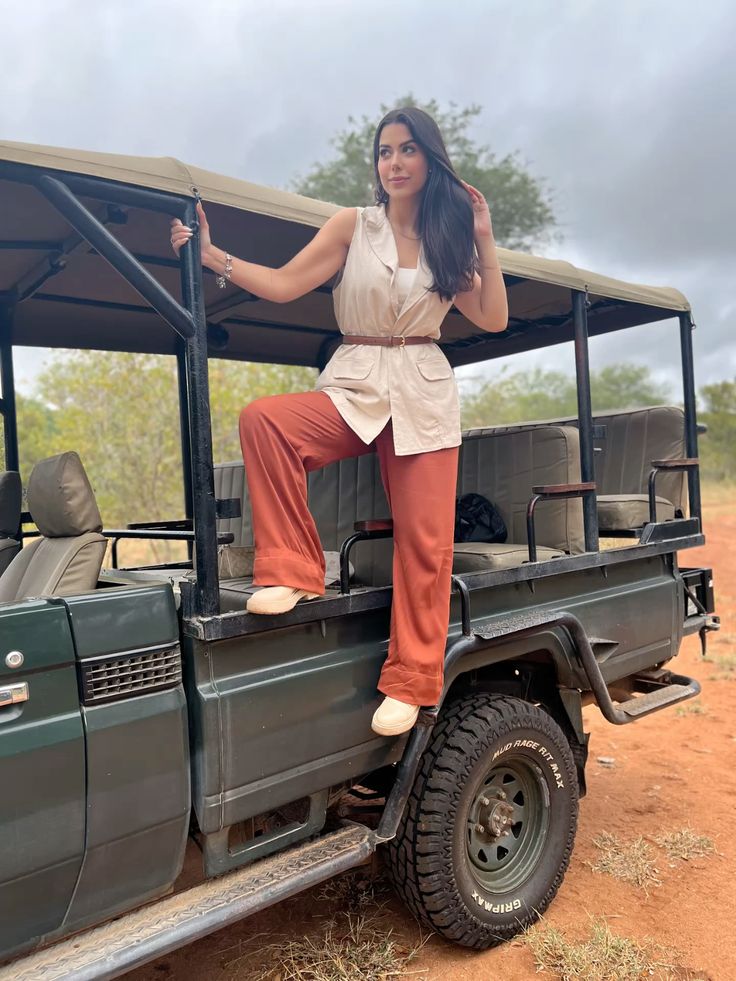
❓ FAQ’s
How do I plan a safari for the first time?
Start by setting your budget, then choose your destination (Kenya is excellent for first-timers). The most critical step is spending time researching and verifying a local, trustworthy tour operator using reviews and verification tricks (like a video call) before paying any deposit. Prioritize the quality of your guide and vehicle over budget accommodations.
Is it safe to book a safari online?
Yes, it is safe, provided you follow a strict verification process. Look for operators with physical addresses, current business registration, and high-quality, consistent reviews. Use a payment method that offers chargeback protection (like a credit card) for the initial deposit, and never send large sums via untraceable wire transfer to a company you haven’t thoroughly vetted.
How do I avoid safari scams in Kenya?
The best way to avoid safari scams in Kenya is to eliminate companies that have red flags: unrealistically low prices (which often omit park fees), a vague cancellation/payment policy, or a refusal to communicate via a direct, personal video call. Only work with operators who are transparent about their business registration and have a long history of excellent, specific customer reviews on multiple platforms like TripAdvisor and Google.
How much should a safari cost?
The cost of a safari varies widely based on accommodation style, the number of days, and transportation. For a standard 5-to-7-day mid-range safari in Kenya, expect a cost between $2,500 and $4,500 per person. This typically includes park fees, accommodation, meals, and a private 4×4 vehicle with a driver/guide. Always ensure the quote clearly lists all inclusions, especially non-negotiable park fees.
What documents do I need for a safari?
For a Kenya safari planning, you will need a passport valid for at least six months past your return date and a valid Kenya e-Visa (obtained online). Comprehensive travel insurance, which includes emergency medical evacuation, is also highly recommended and essentially required for peace of mind. Check current health regulations for any required vaccinations (like Yellow Fever).
Which safari park is best for beginners?
The Masai Mara National Reserve in Kenya is often considered the best choice for beginners. Its high density of wildlife, especially the Big Five, offers reliable and spectacular sightings, ensuring a deeply satisfying first safari experience. It is easily accessible and offers a wide range of accommodation options.
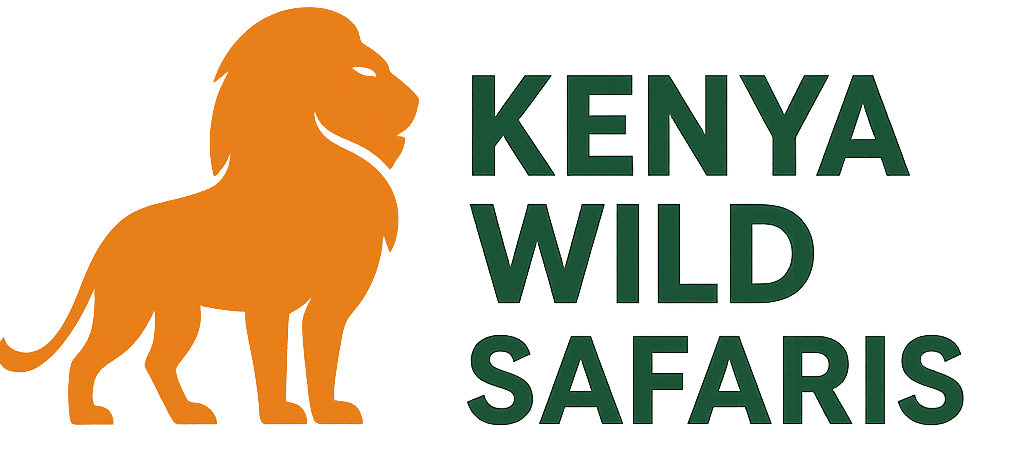

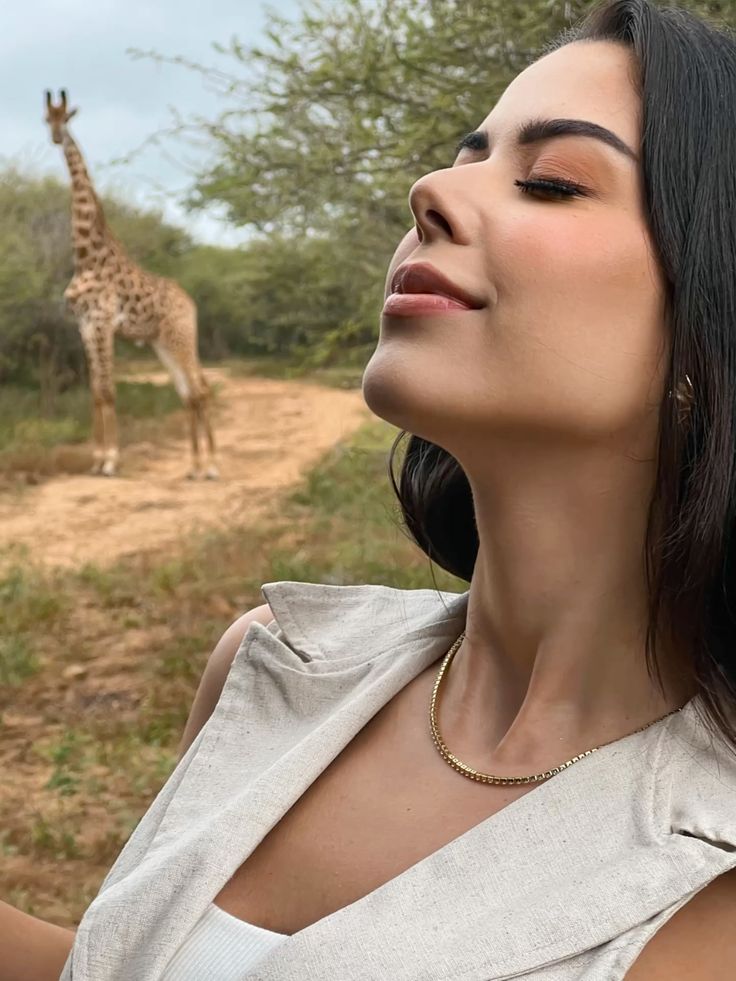
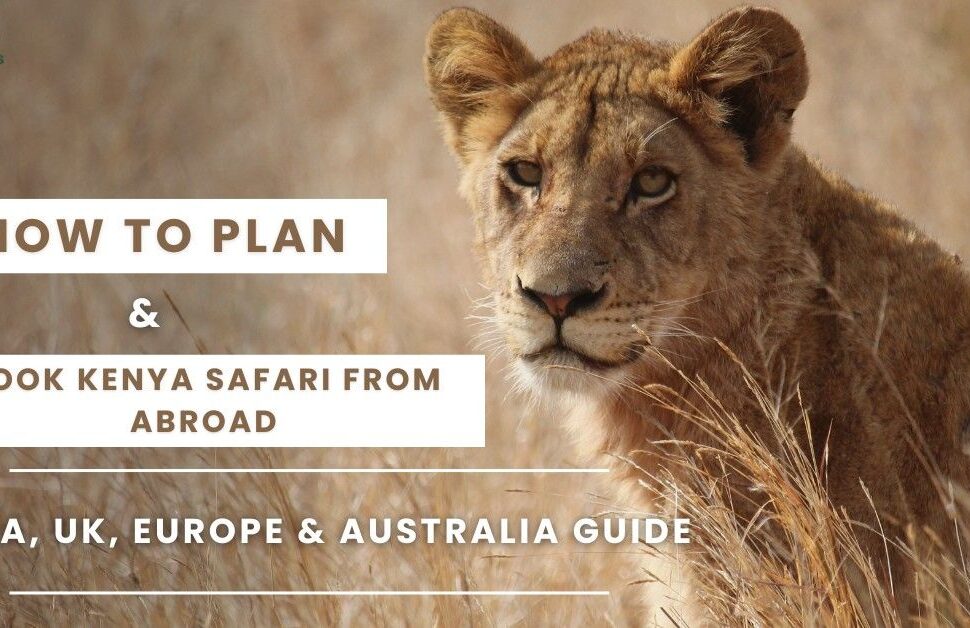
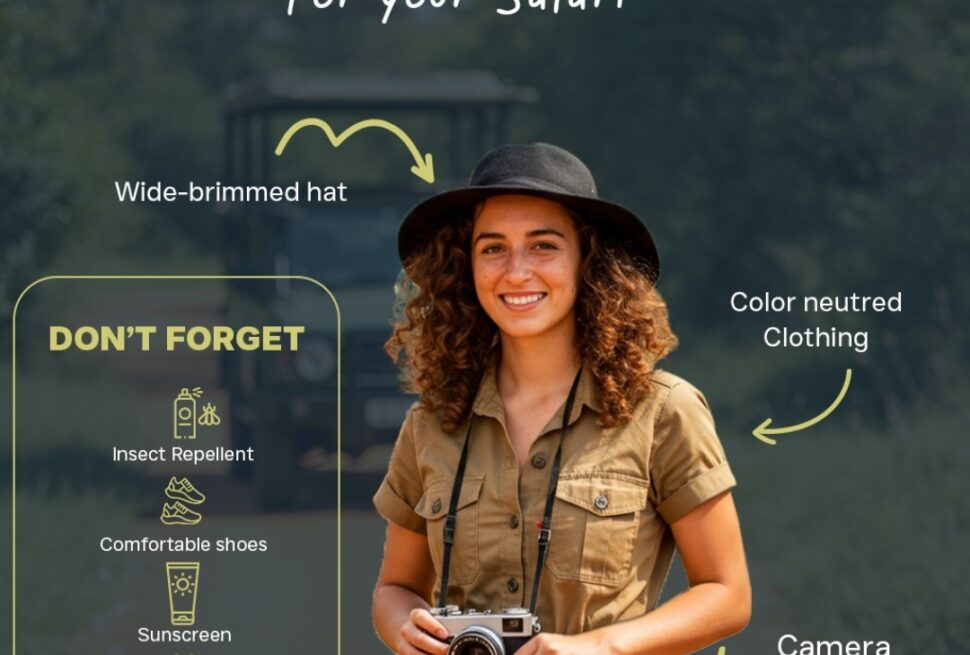
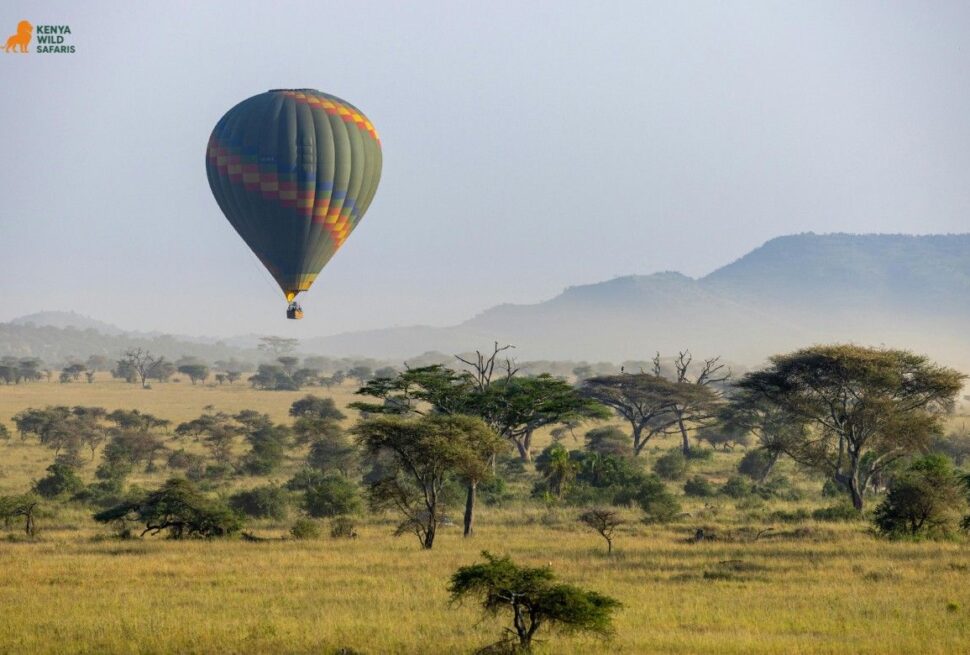
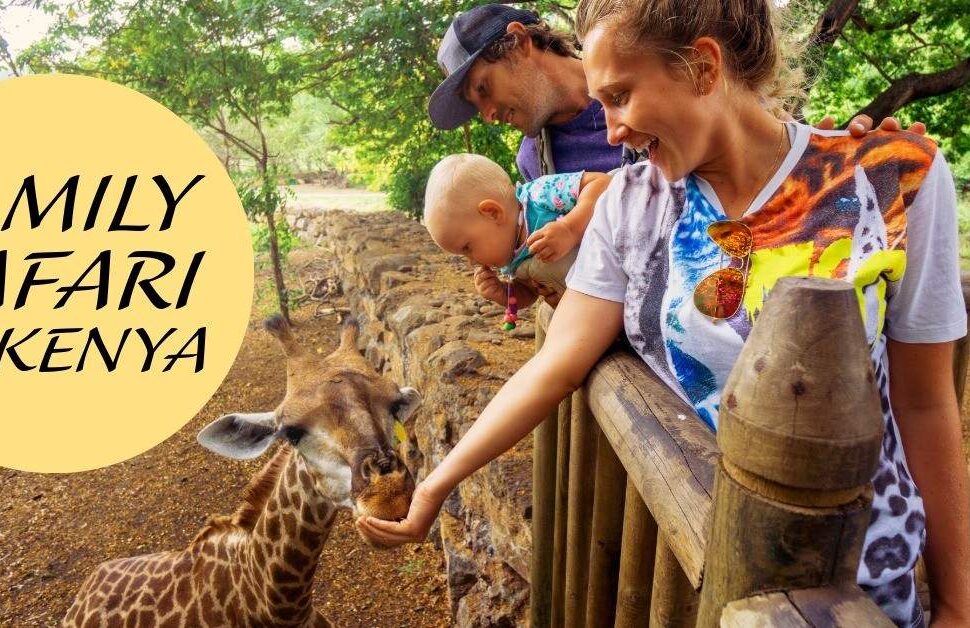
[…] RELATED: How I Planned My Kenya Safari with Zero Experience (And Avoided Every Scam). […]